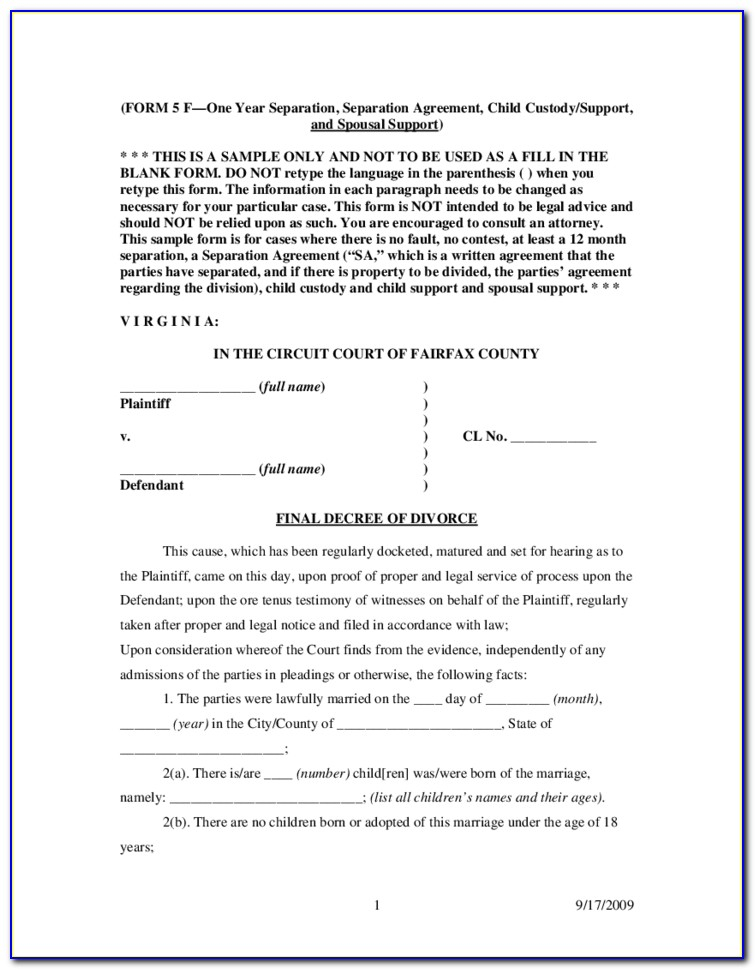Hey there, friend! If you're diving into the world of legal matters, particularly in Franklin County, Ohio, then you're at the right place. The Franklin County Probate Court is more than just a courtroom—it's your gateway to resolving issues related to wills, estates, adoptions, name changes, and more. Whether you're dealing with inheritance disputes, guardianship concerns, or even marriage licenses, this court has got you covered. So, buckle up because we’re about to break it all down in a way that’s easy to digest and super useful.
Let's face it, legal jargon can be overwhelming, right? But don’t sweat it. We’re here to simplify everything for you. This guide isn’t just any random article—it’s crafted with care, packed with valuable insights, and designed to help you navigate the ins and outs of the Franklin County Probate Court without losing your cool. From understanding the basics to knowing what to expect, we’ve got your back.
Now, before we dive deep into the nitty-gritty, let’s quickly set the stage. The Franklin County Probate Court is one of the most important judicial entities in Ohio, handling a wide range of cases that impact families and individuals on a daily basis. So whether you’re a resident of Franklin County or just visiting, this information could come in handy. Let’s get started!
Read also:Drake Merch The Ultimate Guide To Expanding Your Drake Collection
Table of Contents
- What is Probate Court?
- Franklin County Probate Court Overview
- Common Cases Handled by the Court
- How to File a Case
- Costs and Fees Involved
- Court Process and Procedures
- Resources and Support Available
- Key Contacts and Personnel
- Tips for Visitors and First-Timers
- Frequently Asked Questions
What is Probate Court?
Alright, let’s kick things off by answering the million-dollar question: what exactly is a probate court? In simple terms, a probate court is a specialized court that deals with legal matters involving wills, estates, guardianships, and other family-related issues. It’s kind of like the go-to place when you need to sort out anything related to inheritance, property distribution, or even child custody.
In the context of Franklin County, the probate court plays a crucial role in ensuring that these matters are resolved fairly and efficiently. Think of it as the backbone of family law in the area. The court not only handles cases but also provides guidance and resources to help individuals navigate complex legal processes.
Why is the Probate Court Important?
Here’s the thing—probate courts are essential because they help maintain order and ensure that everyone’s rights are protected. For example, if someone passes away without leaving a will, the probate court steps in to distribute their assets according to state laws. Similarly, if there’s a dispute over guardianship, the court ensures that the best interests of the child are prioritized.
Now, let’s zoom in on Franklin County specifically. The court here is renowned for its efficiency and dedication to serving the community. They’ve got a team of experienced judges, clerks, and support staff who work tirelessly to ensure that every case gets the attention it deserves.
Franklin County Probate Court Overview
So, what makes the Franklin County Probate Court stand out? Well, for starters, it’s one of the busiest probate courts in the state of Ohio. Located in Columbus, the court serves a diverse population and handles thousands of cases annually. Whether you’re dealing with estate planning, adoptions, or even name changes, this court has the expertise to handle it all.
One of the coolest things about the Franklin County Probate Court is its commitment to transparency and accessibility. They’ve got an online portal where you can check case statuses, download forms, and even schedule appointments. This makes the whole process a lot less stressful, especially if you’re new to the legal world.
Read also:Level Up Your Adventure Discover The Ultimate Guide To Enlightened Equipment
Key Features of the Court
- Specialized judges with years of experience in family law
- Online services to make things easier for residents
- Comprehensive resources for self-represented litigants
- Community outreach programs to educate the public
And let’s not forget—the court is always evolving. They’re constantly updating their procedures and adopting new technologies to better serve the community. It’s this dedication to improvement that sets them apart from other courts in the region.
Common Cases Handled by the Court
Now, let’s talk about the types of cases you’re likely to encounter at the Franklin County Probate Court. From estate administration to adoptions, the court handles a wide variety of legal matters. Here’s a quick rundown:
Estate Administration
If someone dies and leaves behind assets, the probate court steps in to manage the distribution of those assets. This includes:
- Validating the deceased’s will
- Identifying and valuing assets
- Paying off debts and taxes
- Distributing remaining assets to beneficiaries
It’s a pretty straightforward process, but it can get complicated if there’s no will or if there are disputes among family members. That’s where the court comes in to mediate and ensure everything is done according to the law.
Guardianships and Conservatorships
Another big area of focus for the court is guardianships and conservatorships. These cases involve appointing someone to make decisions on behalf of another person, usually due to incapacity or age. For example:
- Guardianship for minors
- Conservatorship for adults with disabilities
- Temporary guardianships in emergencies
The court takes these cases very seriously and always prioritizes the best interests of the individual involved. They conduct thorough evaluations and involve social workers and other experts to ensure the right decisions are made.
How to File a Case
Filing a case at the Franklin County Probate Court might sound intimidating, but it’s actually pretty straightforward. Here’s a step-by-step guide to help you get started:
Step 1: Gather Your Documents
Before you file anything, make sure you’ve got all the necessary documents. This could include:
- A copy of the will (if applicable)
- Death certificates
- Financial statements
- Adoption papers
Having everything in order will save you a lot of time and hassle down the line.
Step 2: Download the Forms
Most of the forms you’ll need are available on the court’s website. Simply visit their online portal, search for the relevant form, and download it. If you’re unsure which form to use, don’t hesitate to reach out to the court clerk for guidance.
Step 3: Submit Your Application
Once you’ve filled out the forms, you can submit them either in person or electronically. If you choose to file in person, make sure to bring along any supporting documents. The court staff will guide you through the rest of the process.
And that’s it! Pretty simple, right? Of course, every case is unique, so don’t hesitate to seek legal advice if you’re unsure about anything.
Costs and Fees Involved
Now, let’s talk about the elephant in the room—costs and fees. Filing a case at the Franklin County Probate Court does come with some expenses, but they’re generally reasonable and well-documented. Here’s a breakdown of what you might expect:
Filing Fees
Depending on the type of case, filing fees can vary. For example:
- Estate cases: $200-$300
- Adoption cases: $150-$200
- Name change cases: $100-$150
These fees cover the administrative costs associated with processing your case. Keep in mind that some fees may be waived if you qualify for financial assistance.
Additional Expenses
Beyond filing fees, there may be additional costs involved, such as:
- Attorney fees
- Appraisal fees
- Publication fees (for legal notices)
Again, these costs depend on the complexity of your case. It’s always a good idea to consult with an attorney to get a clearer picture of what you’re looking at.
Court Process and Procedures
Once your case is filed, the court process begins. Here’s a quick overview of what you can expect:
Initial Hearing
After filing, you’ll likely be scheduled for an initial hearing. This is where the judge reviews your case and determines the next steps. It’s important to attend this hearing, as failure to do so could result in your case being dismissed.
Discovery Phase
If your case involves contested issues, you’ll enter the discovery phase. This is where both parties exchange information and gather evidence. It’s a crucial part of the process, as it helps build a strong case.
Final Hearing
Finally, you’ll have a final hearing where the judge makes a ruling on your case. This could involve distributing assets, appointing guardians, or finalizing adoptions. Whatever the outcome, the court ensures that justice is served.
Resources and Support Available
One of the coolest things about the Franklin County Probate Court is the wealth of resources and support they offer. Whether you’re representing yourself or working with an attorney, there’s plenty of help available. Here are some of the resources you might find useful:
Self-Help Center
The court’s self-help center provides free legal assistance to individuals who are representing themselves. They offer workshops, one-on-one consultations, and even online resources to help you navigate the process.
Community Partnerships
The court also partners with local organizations to provide additional support. For example, they work with legal aid societies to offer free or low-cost legal services to those in need.
Key Contacts and Personnel
Knowing who to contact can make all the difference when dealing with the court. Here are some key contacts you might find helpful:
Probate Court Clerk
The clerk’s office is your go-to for any questions related to filing, forms, or case status. They’re super helpful and always willing to assist.
Family Services Division
This division handles cases related to guardianships and conservatorships. If you’re dealing with these types of cases, they’re the ones to talk to.
Tips for Visitors and First-Timers
Finally, here are a few tips for anyone visiting the Franklin County Probate Court for the first time:
- Arrive early to avoid long lines
- Bring all necessary documents with you
- Dress appropriately (business casual is a safe bet)
- Be respectful and courteous to court staff and other visitors
And remember, if you’re ever unsure about anything, don’t hesitate to ask for help. The court staff are there to assist you, and they’re always happy to answer your questions.
Frequently Asked Questions
Got more questions? Here are some common ones we get about the Franklin County Probate Court:
How long does a case take to resolve?
It depends on the complexity of the case. Simple matters like name changes can be resolved in a few weeks, while more complex cases like contested estates could take months or even years.
Do I need an attorney?
While it’s not required, having an attorney can be incredibly helpful, especially for complex cases. They can guide you through the process and ensure your rights are protected.


